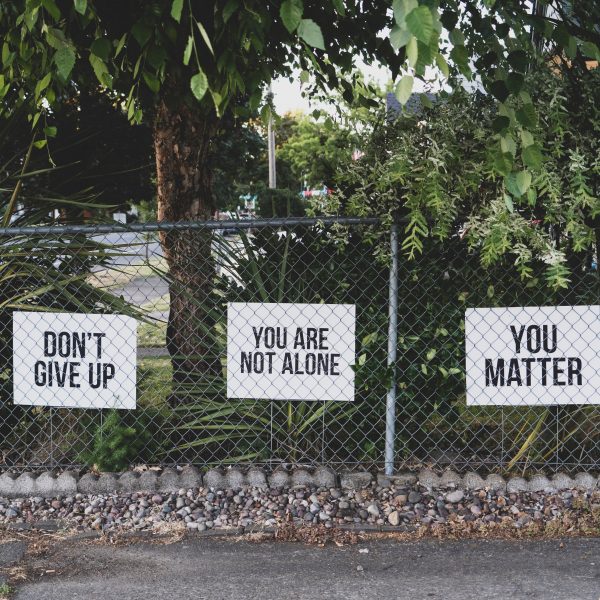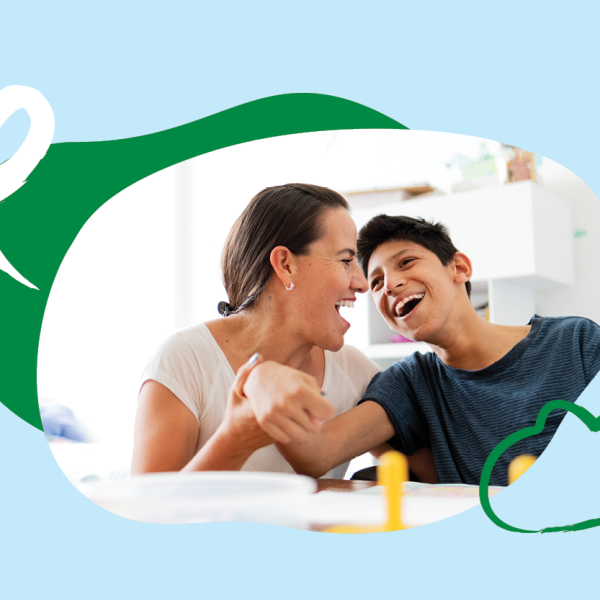Children who know how to play with others enjoy better mental health later study shows

Children who are able to play well with others when they are in their preschool years tend to experience better mental health outcomes later in life, new research from the University of Cambridge has found.
The findings provide the first clear evidence that ‘peer play ability’, the capacity to play successfully with other children, has a protective effect on mental health. The researchers looked at data from almost 1,700 Australian children, collected when they were aged three years of age and seven years of age as part of the Growing up in Australia study.
Those with better peer play ability at age three consistently showed fewer signs of poor mental health four years later. They tended to have lower hyperactivity, parents and teachers reported fewer conduct and emotional problems, and they were less likely to get into fights or disagreements with other children.
Importantly, this connection generally held true even when the researchers focused on sub-groups of children who were particularly at risk of mental health problems. It also applied when they considered other risk factors for mental health – such as poverty levels, or cases in which the mother had experienced serious psychological distress during or immediately after pregnancy.
The findings suggest that giving young children who might be vulnerable to mental health issues access to well-supported opportunities to play with peers – for example, at playgroups run by early years specialists – could be a way to significantly benefit their long-term mental health.
“We think this connection exists because through playing with others, children acquire the skills to build strong friendships as they get older and start school,” Dr Jenny Gibson explained.
“Even if they are at risk of poor mental health, those friendship networks will often get them through.”
The quality of the play seems to matter more than the quantity, first author Vicky Yiran Zhao added, noting that games with peers that encourage children to collaborate or activities that promote sharing, will have positive knock-on benefits.
The consistent link between peer play and mental health probably exists because playing with others supports the development of emotional self-control and socio-cognitive skills, such as the ability to understand and respond to other people’s feelings.
These skills, researchers explained, are fundamental to building stable, reciprocal friendships.
The researchers suggest that assessing children’s access to peer play at an early age could be used to screen for those potentially at risk of future mental health problems. They also argue that giving the families of at-risk children access to environments which promote high-quality peer play, such as playgroups or small-group care with professional child minders, could be an easily deliverable and low-cost way to reduce the chances of mental health problems later.
“The standard offer at the moment is to put the parents on a parenting course,” Dr Gibson said.
“We could be focusing much more on giving children better opportunities to meet and play with their peers”
The study is published in Child Psychiatry & Human Development and may be accessed here.
Popular

Practice
Provider
Quality
Research
Workforce
New activity booklet supports everyday conversations to keep children safe
2025-07-10 09:00:16
by Fiona Alston

Quality
Practice
Provider
Research
Workforce
Honouring the quiet magic of early childhood
2025-07-11 09:15:00
by Fiona Alston

Quality
Practice
Provider
Workforce
Reclaiming Joy: Why connection, curiosity and care still matter in early childhood education
2025-07-09 10:00:07
by Fiona Alston












